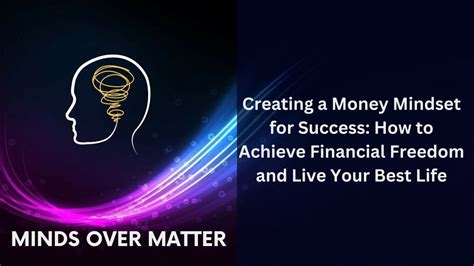Failure is an inevitable part of life, a universal experience that often carries with it a heavy burden of disappointment, frustration, and even shame. For many, it feels like a definitive end, a clear signal of inadequacy or a closed door. However, what if we could fundamentally alter our relationship with failure, seeing it not as a verdict of defeat, but as a vital catalyst for growth? This article explores how to cultivate a mindset that transforms setbacks into stepping stones, fostering resilience and continuous improvement.
The Default Narrative: Why Failure Feels Like Defeat
Our society often glorifies success and demonizes failure. From a young age, we’re taught to strive for perfection, and any deviation from that path can be perceived as a personal failing. This deeply ingrained narrative leads us to equate our worth with our achievements, making missteps feel like a direct assault on our identity. When an endeavor doesn’t pan out, the immediate emotional response is often one of negativity, leading to self-doubt, fear of trying again, and a desire to simply give up.

Shifting Perspective: Embracing Failure as Information
The first step in reframing failure is to understand that it is not an end state, but rather a rich source of data. Every failed attempt provides insights into what didn’t work, why it didn’t work, and what adjustments are needed. When we view failure through this lens, it loses its power to define us negatively and instead becomes a valuable teacher. It’s about recognizing that the outcome of an event does not diminish your inherent value or potential.
Embracing the Learning Opportunity
Imagine a scientist in a lab. If an experiment doesn’t yield the expected results, they don’t declare themselves a failure and abandon their career. Instead, they analyze the data, identify variables, and design a new experiment. We can adopt this scientific approach in our own lives. Each “failure” is a data point, guiding us closer to a successful outcome. It highlights areas for improvement, new strategies to explore, and a deeper understanding of the challenges involved.
Detaching Self-Worth from Outcomes
A crucial aspect of reframing is to separate your identity from your results. Your worth as a human being is not contingent on whether you succeed or fail at a particular task. You are inherently valuable. When you decouple your self-worth from external outcomes, you gain the freedom to take risks, experiment, and learn without the paralyzing fear of personal invalidation.
Practical Strategies for Reframing Failure
Cultivating a growth-oriented response to failure isn’t always easy, but it is a skill that can be developed over time with conscious effort. Here are several actionable strategies:
1. Analyze, Don’t Agonize
Instead of dwelling on negative emotions, dedicate time to objectively analyze what went wrong. Ask specific questions: What were the contributing factors? What could have been done differently? What did I learn from this experience? Focus on the situation, not on self-blame.

2. Focus on Progress, Not Perfection
Understand that growth is a process, not a destination. Celebrate small wins and incremental improvements. When you focus on the journey and the progress you’re making, setbacks become less daunting and more like temporary detours.
3. Cultivate a Growth Mindset
Embrace the belief that your abilities and intelligence can be developed through dedication and hard work. Carol Dweck’s concept of a “growth mindset” is fundamental here. With this mindset, challenges are opportunities to grow, and effort is the path to mastery, rather than fixed traits dictating your potential.

4. Practice Self-Compassion
Treat yourself with the same kindness and understanding you would offer a friend who is struggling. Acknowledge your pain, remind yourself that imperfection is part of the human experience, and offer yourself comfort. Self-compassion helps you bounce back faster and prevents shame from taking root.
5. Revisit Your “Why”
Remind yourself of the underlying purpose or motivation behind your goals. When you connect with your deeper values, a single failure becomes less significant in the grand scheme of your larger mission. Your “why” provides perspective and renewed motivation.

The Long-Term Benefits of Reframing Failure
By consistently reframing failure, you unlock a host of benefits:
- Increased Resilience: You develop the ability to recover quickly from difficulties.
- Enhanced Learning: Every setback becomes a lesson, accelerating your personal and professional development.
- Greater Innovation: You’re more willing to take calculated risks and explore unconventional solutions.
- Stronger Self-Efficacy: Your belief in your own ability to succeed despite challenges grows.
- Reduced Fear of Risk: You become less inhibited by the possibility of failure, leading to more opportunities pursued.
Ultimately, failure is not the opposite of success; it is a fundamental part of its journey. Many of history’s greatest innovators and leaders experienced countless “failures” before achieving their breakthroughs. They didn’t see these moments as defeat, but as necessary experiments, crucial feedback, and stepping stones on their path to mastery. By adopting this powerful perspective, you transform failure from a roadblock into a runway, propelling you towards greater understanding, resilience, and ultimately, genuine growth.





